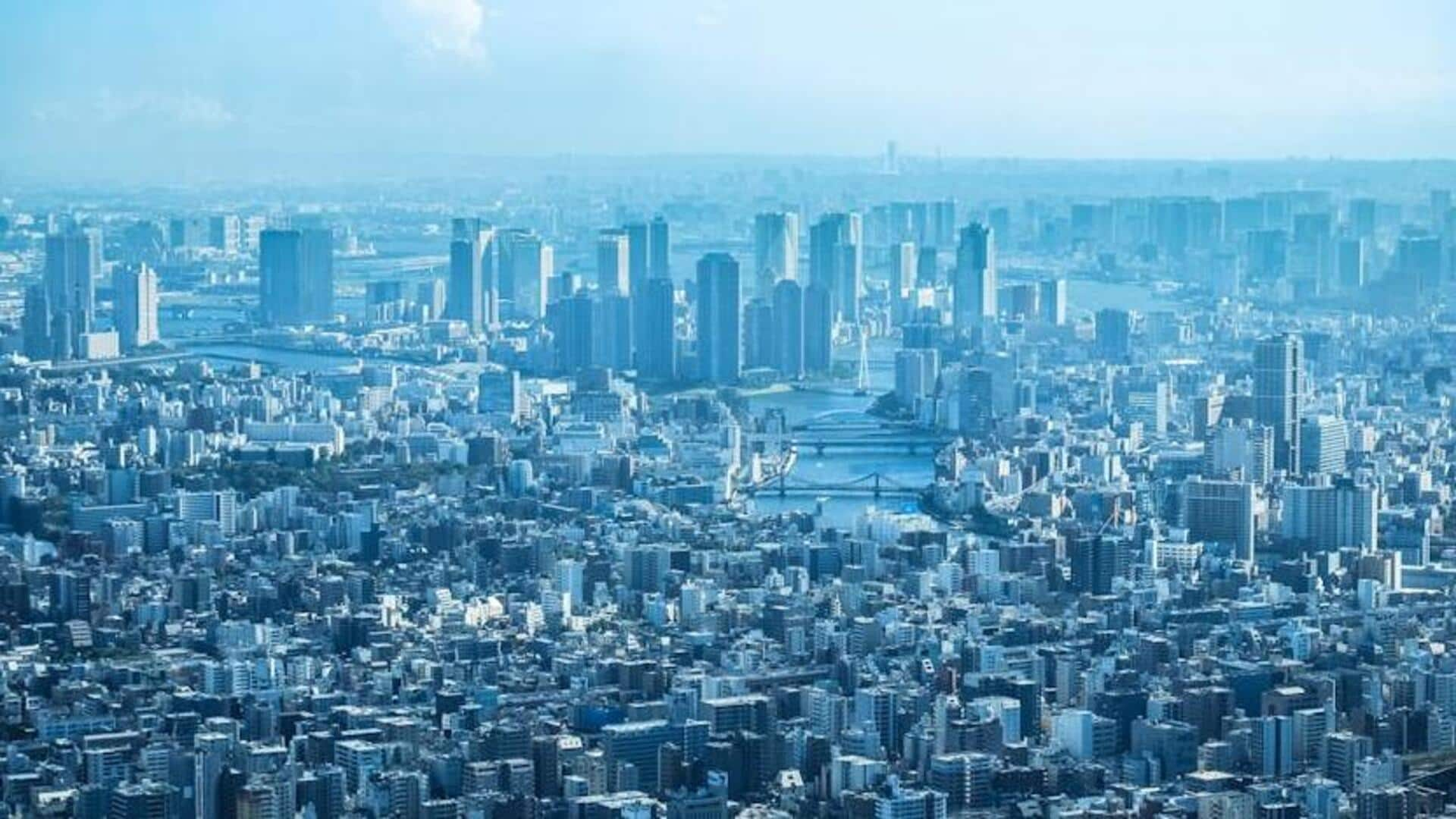
Debunking popular myths about Tokyo
What's the story
Tokyo, a bustling metropolis often misunderstood through stereotypes and myths, offers a unique blend of traditional and modern life. Its streets are a canvas of serene temples alongside towering skyscrapers, each telling a story of Japan's rich history and rapid modernization. This guide aims to debunk common myths about Tokyo's city life, offering travelers a clearer lens through which to experience this vibrant city.
Cost misconception
Myth 1: Tokyo is exorbitantly expensive
The myth that Tokyo is prohibitively expensive doesn't fully hold. Yes, some aspects of life or tourism here can be costly, but the city also offers plenty of budget-friendly options. Capsule hotels provide affordable accommodation, while conveyor belt sushi restaurants and local convenience stores serve delicious, reasonably priced meals. Thus, enjoying Tokyo within a budget is definitely achievable.
Sleep schedule
Myth 2: The city never sleeps
The notion that Tokyo is always awake, bustling with life 24/7, isn't entirely accurate. While there are districts like Shibuya and Shinjuku that offer nightlife until the early hours, much of the city quiets down by midnight. Public transportation stops running around midnight as well, encouraging a surprisingly early end to the day for such a reputedly sleepless city.
Communication ease
Myth 3: Language barrier is insurmountable
Many potential visitors worry about facing difficulties without fluent Japanese. Yet, this concern is largely unfounded. English signage is widespread in public transportation and key tourist locations. Additionally, locals are often patient and ready to assist, using gestures or translation apps. This makes navigating communication barriers far less intimidating than many anticipate, easing the travel experience significantly.
Cultural depth
Myth 4: It's all about high-tech and skyscrapers
Tokyo's reputation as a tech hub with impressive skyscrapers is well-known, yet there's more to the city. In Asakusa, historical sites like Senso-ji Temple are surrounded by quaint shopping streets. These areas offer a glimpse into a side of Tokyo far from its futuristic image, showcasing the city's ability to blend the old with the new in a seamless manner.
Tradition alive
Myth 5: Traditional culture is hard to find
Many believe Tokyo's rapid modernization has left little room for traditional Japanese culture. Yet, the city still hosts traditional tea ceremonies in numerous gardens and cultural centers. Additionally, seasonal festivals, known as matsuri, and sumo tournaments offer immersive experiences into Japan's rich cultural heritage. These events showcase that tradition thrives alongside modernity in Japan's capital, debunking the myth of its disappearance.